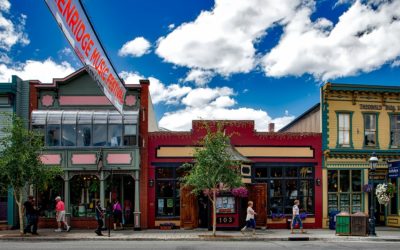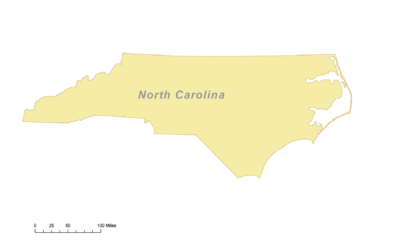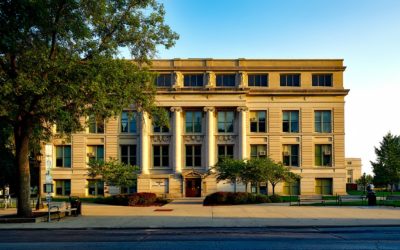BLOG
BLOG
What can I do with left over installment loan proceeds?
We find more and more that our clients have money left over from installment financings when the project is done. Perhaps the project ended up costing less than expected, perhaps an unexpected grant came through, or perhaps contingency funds weren’t needed. The...
Financing alternatives for parking facilities
As more communities work to make lively downtowns, more are facing the question of: “Where are we going to put the cars?” Whether there’s a need to move parking areas off valuable redevelopment sites, a desire to put more parking near key commercial areas, or just a...
How can we provide capital funding for our local nonprofits?
Many North Carolina local governments wrestle with how to fund those valued local nonprofits that are effectively doing good work in the community. There are a variety of approaches for annually funding operating expenses, but occasionally the question arises of how...
To Revitalize Main Street, Look Beyond Nostalgia
Some say that Main Street won’t ever really be the same again. Or will it? To successfully revitalize Main Street, we have to look beyond the storefronts and brands that once defined it. We have to accept Main Street for what it was – a community center. We must...
Local Counsel Opinions in Local Government Financings
If you’re a local government attorney whose client is borrowing money, as the closing date approaches it’s likely the lender, or its attorney, will ask you to provide certain certifications or opinions for the benefit of the lender or other parties. Your own...
The Importance of Fund Balance
What do we need all this fund balance for, anyway? As we move into the height of budget season, this question will ring out across the North Carolina — especially as many local governments re-build fund balance after some years of decline. Why do we keep the...
Pros and Cons of Revenue Bonds for Utility System Improvements
North Carolina local governments are increasingly choosing revenue bonds as the best way to finance improvements to their water and sewer systems. Revenue bonds are a form of borrowing money for which the security to the lender is a pledge to apply the system’s net...
Older School Buildings May Be Your Community’s Best Asset
As populations shift and time passes, many communities have school buildings that are no longer being used, or for which use as a school is no longer the highest and best. Communities, like Rockingham, are then left with a huge asset—in terms of physical space and...
If you don’t have a lawyer on your CED team – you should
Successful community economic development projects don’t happen by accident. Implementing a dynamic community economic development plan requires a dynamic team. You’ll want a team of qualified professionals and community stakeholders, including local officials,...
Local counsel’s role in a local government financing
Every local government financing can benefit from the active participation of the city, county or town attorney. Sometimes the attorneys, however, don’t know how best to carry out their role. Here are our notes about how you, as a local government attorney, can...










